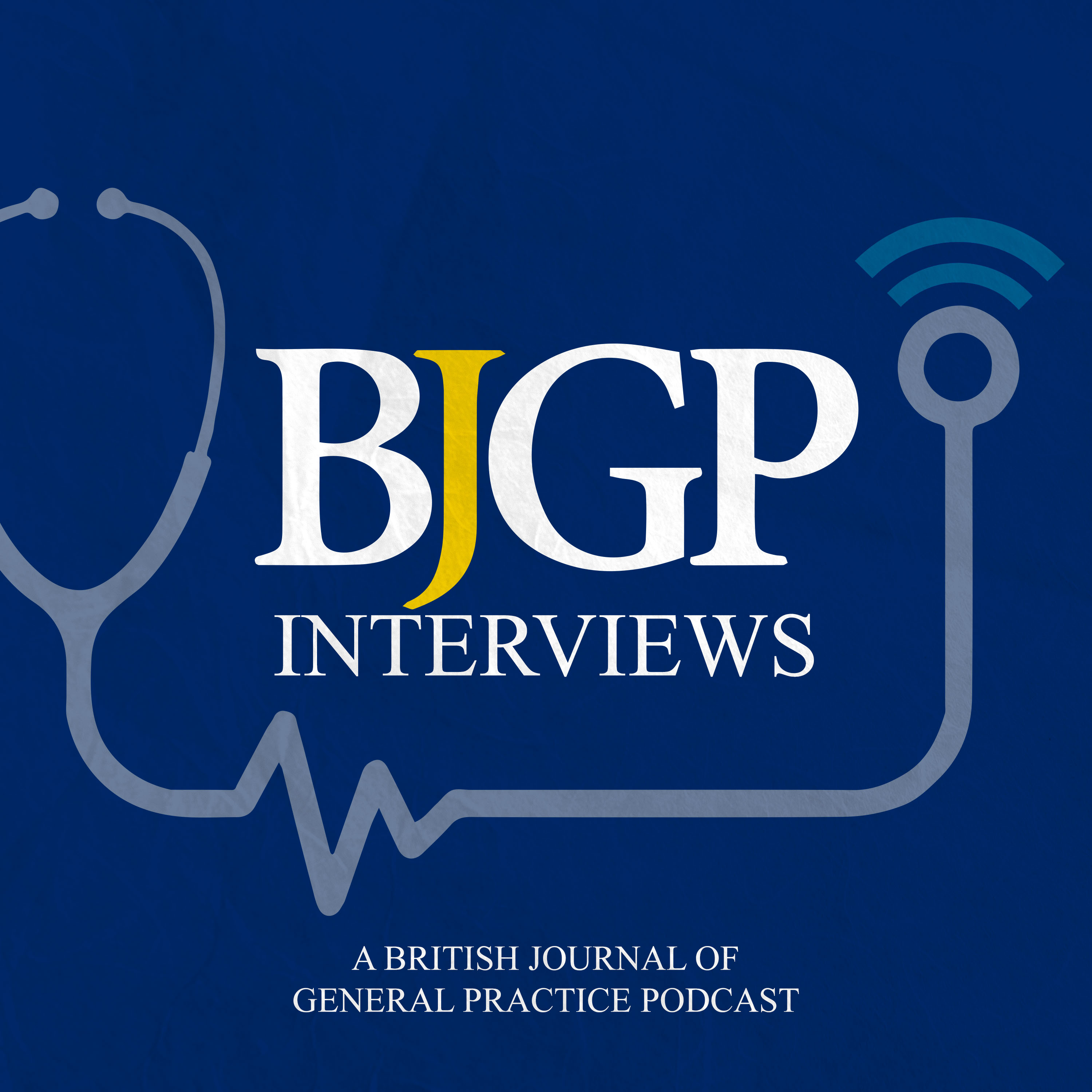Should we measure blood pressure at night to diagnose hypertension?
In this episode, we talk to Dr Laura Armitage, a GP and Doctoral Research Fellow at the Nuffield Department of Primary Health Care Sciences at the University of Oxford. Laura and her team conducted a study looking at a common issue in primary care: hypertension, and how to measure it in practice.Title of paper: Diagnosing hypertension in primary care: the importance of night-time blood pressure assessment. Available at: https://doi.org/10.3399/BJGP.2022.0160Since the 1990s, the phenotypic classification of 24-hour blood pressure has divided the population into ‘dippers’, ‘non-dippers’ (minimal night-time BP decrease compared to daytime BP) and ‘reverse dippers’ (night-time BP increases compared to day-time BP). There is an established body of research demonstrating that reverse dippers are at higher risk of death and that the night-day systolic blood pressure ratio is an independent predictor of all cause mortality and cardiovascular events. Presently, UK guidelines suggest clinicians should diagnose hypertension based solely on daytime BP measurements. This study reveals a marked proportion of our population are reverse dippers; together with the established clinical research that has demonstrated worse cardiovascular outcomes for such patients, this highlights the need for 24-hour ambulatory blood pressure assessments to detect and diagnose those with nocturnal hypertension, non-dipping or reverse-dipping blood pressure phenotypes.

